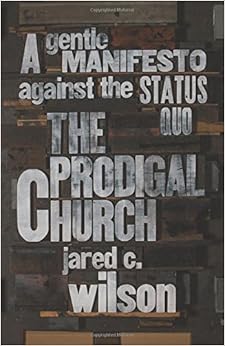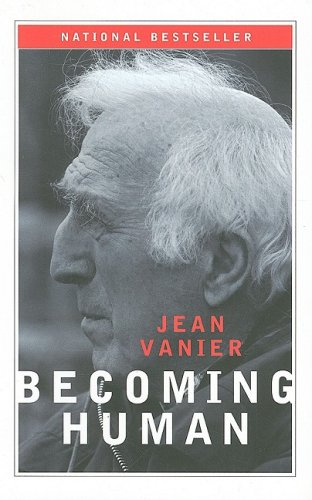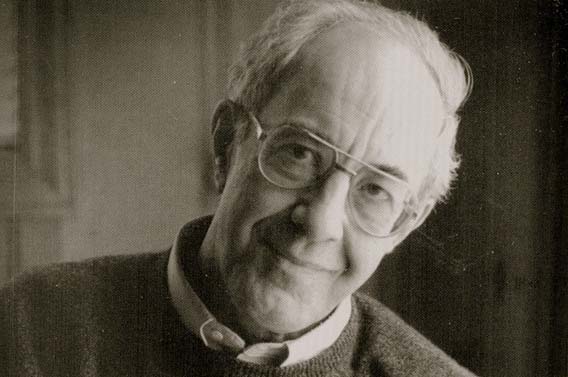-Psalm 53:-2-3
In recent weeks, the depravity of the human heart has been on display in the wake of the Ashley Madison scandal. If, by some inexplicable reason, you are not aware of what has been happening, the database for the website Ashley Madison was hacked and names were released. Ashley Madison exists for the sole purpose of arranging
People have reacted with shock that 1) such a website even exists, 2) that so many people were registered, and 3) that those championing family values would be involved. On the one hand, I understand this reaction. Each of us has a sense of moral right and wrong, largely because the word of God is written on our hearts. If truth and morality were relative, we wouldn't give Ashley Madison a second thought. But we do, because right and wrong are real, objective things.
What strikes me even more deeply is the sense of righteous indignation that seems to accompany the shock. As a society we seemingly cannot believe that there are people who would do such a thing. In other words, we distance ourselves from their sin. We pretend like we would never do anything like that! Yet, I think Alexander Solzhenitsyn was right when he wrote, "if only it were all so simple! If only there were evil people somewhere insidiously committing evil deeds, and it were necessary only to separate them from the rest of us and destroy them. But the line dividing good and evil cuts through the heart of every human being." We fail to acknowledge that apart from the restraining grace of God, every...single...one of us is capable of adultery or murder or a host of other sins. We also seem to forget that all of us commit sin enough every day to separate us from God. That includes the sin of our self-righteousness. In fact, Isaiah 64:6 says that all of our righteous deeds are like filthy rags (literally polluted menstrual garments). Romans 3:23 says all have sinned and fall short of God's glory.
You. Me. All of us.
So as you hear details about Ashley Madison, Josh Duggar, and the people involved, search your heart. Pray that every one of them may receive God's mercy available through Christ alone. Pray also that God would not only make you aware of the depths of your own sinful heart, but of His grace, which goes deeper still.







